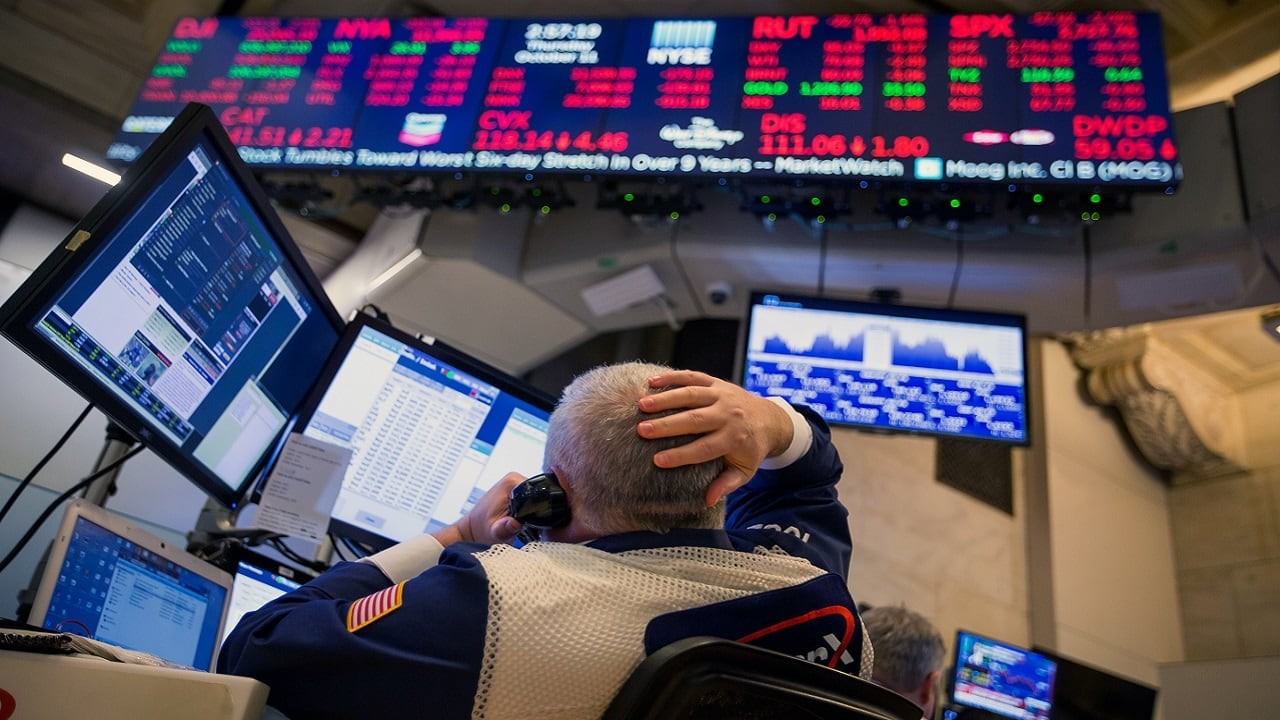
Wall Street's relationship with Donald Trump has taken a dramatic turn, revealing a stark miscalculation by some of America's most powerful financial players.
In February, the scene at a Miami Beach conference captured what seemed like perfect harmony between Trump and the financial elite. Investment titans and CEOs waited hours to hear the former president speak, cheering his promises of American prosperity. The markets were soaring, and optimism ran high among the gathered billionaires and business leaders.
But by April, that rosy outlook shattered. Trump's sudden announcement of sweeping tariffs sent markets into a tailspin, wiping over $5 trillion from the S&P 500 in just two days. The financial sector, which had largely dismissed Trump's campaign rhetoric about ending Wall Street's influence, faced a harsh reality check.
"We didn't believe him," admitted one Wall Street executive. "We assumed that someone in the administration that had an economic background would tell him that global tariffs were a bad idea."
The miscalculation stems from a fundamental misreading of Trump's priorities. Despite his business background and previous Wall Street connections, Trump's second term agenda appears focused on his populist base rather than financial sector interests. As one Trump insider noted, "He wants to do it to help the people who got him elected, people who live in towns that guys in New York don't even know exist."
The financial community's influence has notably diminished. Unlike Trump's first term, when Goldman Sachs veterans held key positions and CEOs regularly advised the president, few Wall Street voices now reach the Oval Office. Treasury Secretary Scott Bessent stands largely alone among former financial sector figures in the administration.
The administration's willingness to rattle markets has created unprecedented uncertainty. Howard Marks of Oaktree Capital captured the sentiment: "Investing is largely based on the assumption the future will look like the past and that assumption appears to be more tenuous than usual."
When Trump did pause some tariffs, it wasn't due to private lobbying from Wall Street executives. Instead, it took severe market turbulence and a public appeal from JPMorgan's Jamie Dimon on Fox Business News to prompt action.
The episode has left Wall Street grappling with a new reality - their traditional models and assumptions about presidential behavior no longer apply. As financial markets remain volatile and the dollar weakens, the sector faces an uncomfortable truth: they severely underestimated Trump's determination to reshape the American economy, even at the cost of Wall Street's stability.